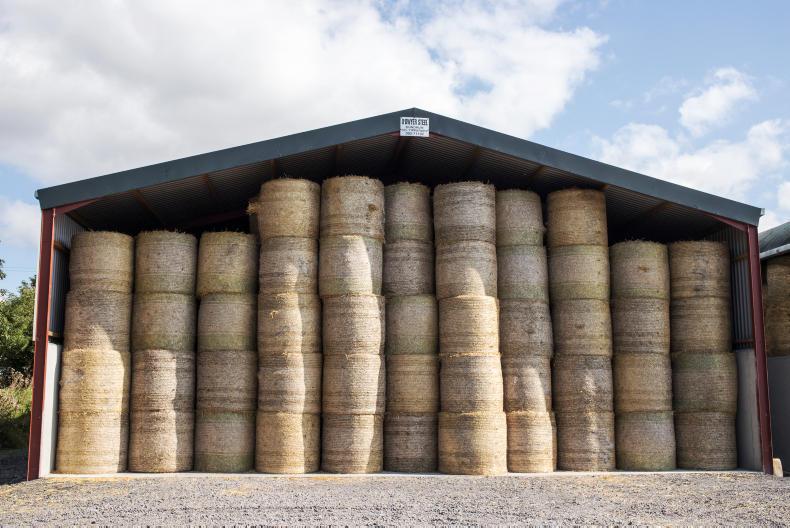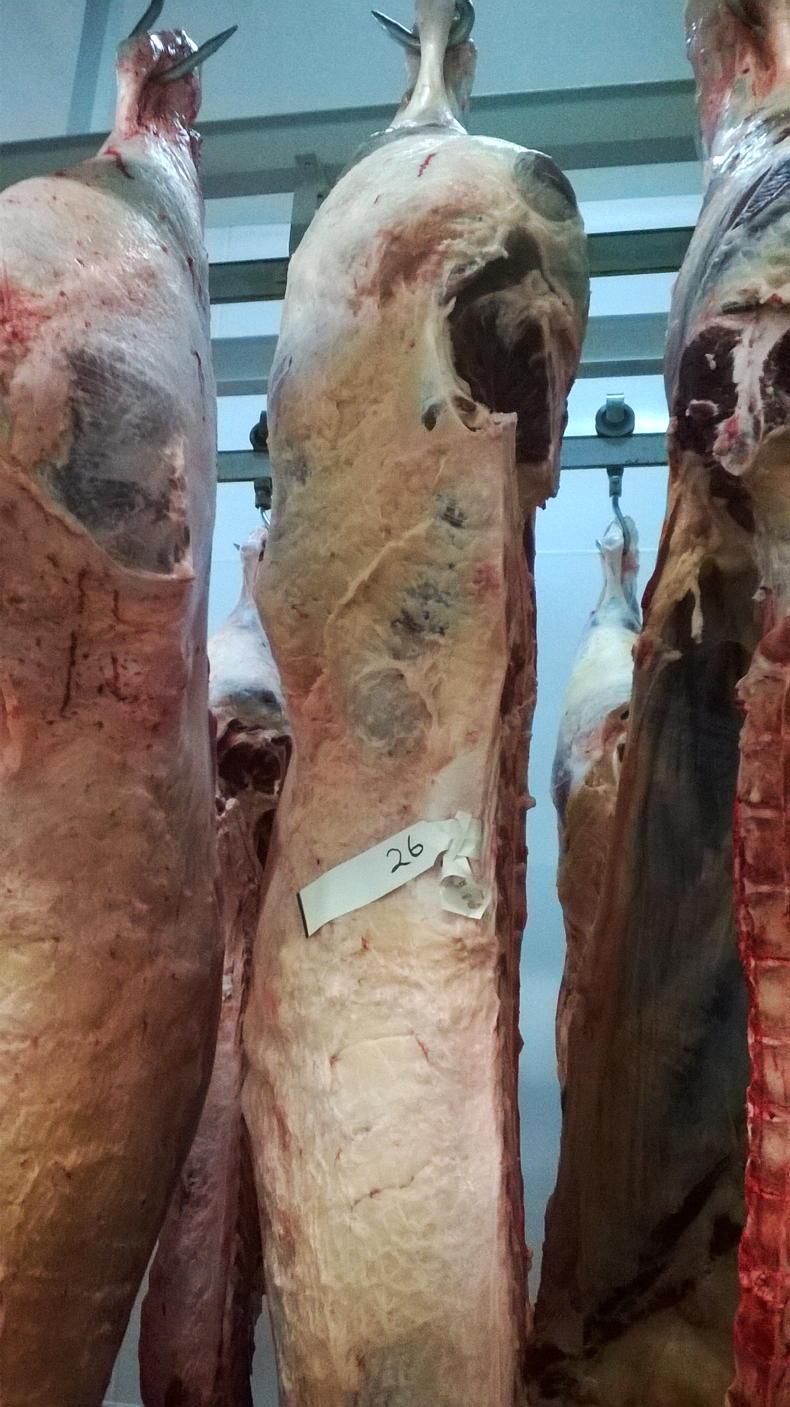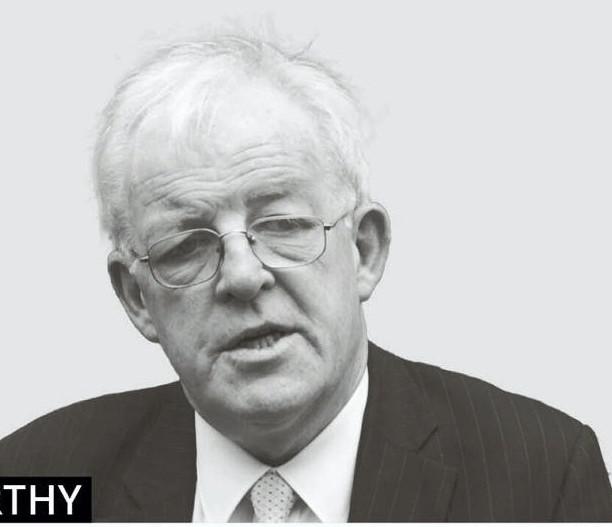We farmers are great ones for talking about how we carry the rural economy around on our backs. It’s not wrong, of course, farming is the fulcrum for life outside the M50 in many ways.
The gripe farmers have is that the most vital link in the chain is often the weakest economically.
Advisers, salespeople and technicians, even factory workers in production or processing, routinely earn more than the average farm income. This is particularly true of livestock farming, and with cattle prices going down the tubes this week, there are grounds for complaint.
However, this is not the time for complaining if we can avoid it.
There is another side to this narrative.
All those people who work in the agri-food sector earn their wages, and are certainly earning them at present.
The income problems in farming won’t be solved by just taking money away from the other links in the chain, that’s too simplistic. Any money saved would end up in the same few well-lined pockets.
We are co-dependent with people who work upstream and downstream from the farm gate. We can’t survive without their work, and their jobs would not exist without our efforts.
Karen McCabe, one of our farmer writers, observed this week that farmers have suffered less disruption than almost anyone else, which is both a blessing but also a warning.
“You don’t notice how isolated your life was until everything around you stops, and your life remains the same,” she says in a must-read article on farmersjournal.ie.
She’s right and, when this is all over, we need to prioritise the elevation of social engagement in farming.
But the other reason why farmers’ lives are less disrupted, at a time when up to 500,000 people have at least temporarily lost their jobs, is because of the thousands of men and women who are collecting our milk, delivering our fertiliser and diesel, paring hooves, inseminating cows, repairing tractors and machinery, mending tyres, the list goes on and on.
Thankfully to this list we can again add mart workers, albeit in a strange echo of normal mart activity. At least it will get livestock moving again, and none of this is without personal risk.
So we should say thanks for their service in these difficult weeks, and through all the other days, months and years. Without them we would have nothing.










SHARING OPTIONS